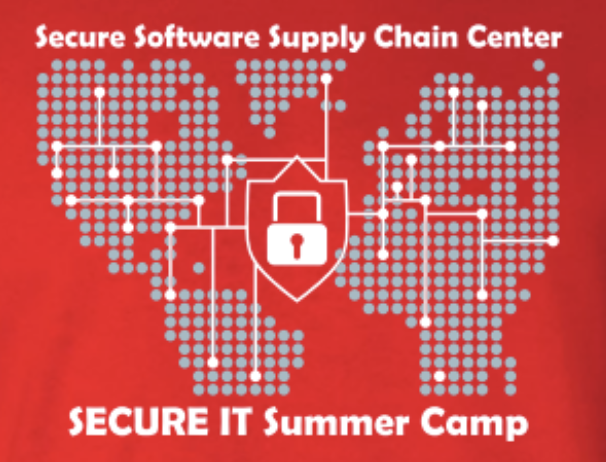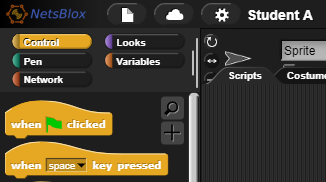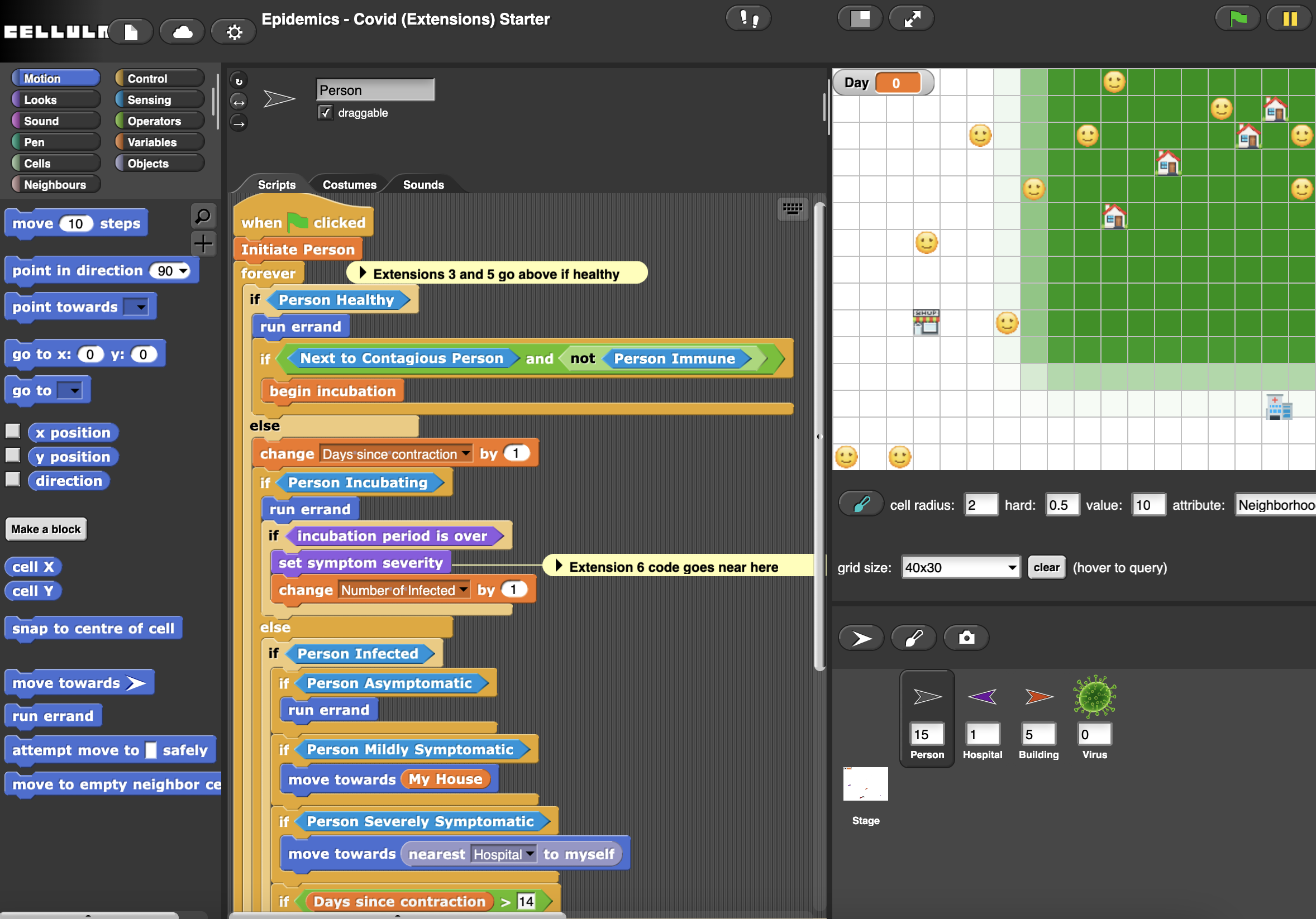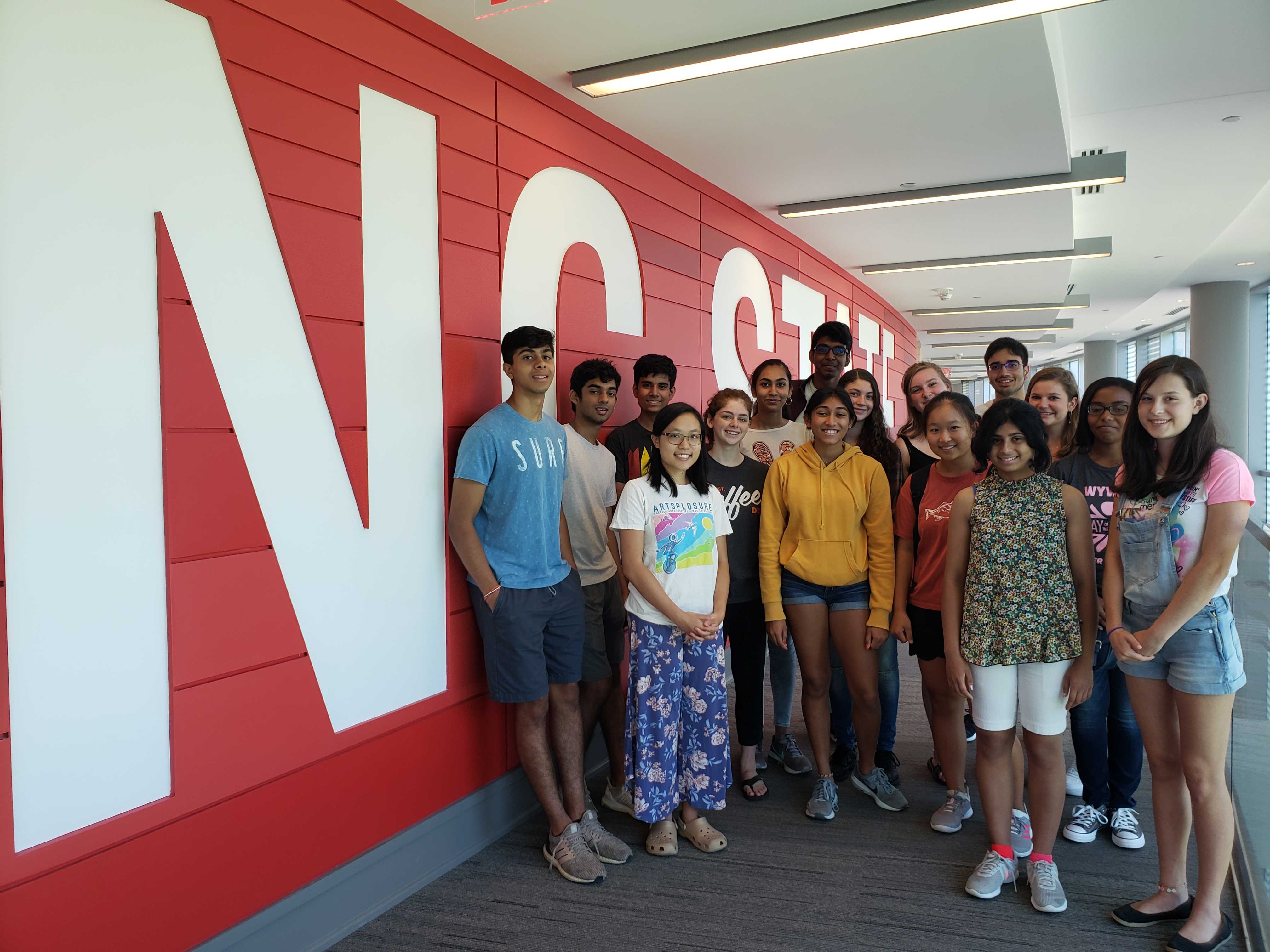If you are interested in joining a project, please send me an email after talking to one of my grad students.
Project Areas
- Research
- Software development
- Outreach
Active Projects

SECURE IT Academy
Starting in the Summer of 2023, the CEREAL lab began supporting broadening participation in computing efforts in cybersecurity for the NSF Collaborative: SaTC: Frontiers: Enabling a Secure and Trustworthy Software Supply Chain grant. Through this project, we have developed a one-week summer camp, originally piloted through the Engineering Place, and a 10-session Saturday workshop program in partnership with the North Carolina Math and Science Education Network. The Secure IT Academy is now underway at the University of Maryland, College Park, and North Carolina State University. The program is designed for middle school students interested in the growing field of cybersecurity where they learn to think like a cyber detective and employ design thinking to protect the things they interact with daily (smart technologies, wearables, internet sites). In this program, students use creative problem-solving to design, code, and protect various systems designed to help people across many fields.
The National Science Foundation has provided support for the project through grants CNS 2207008 and DRL 2206921.

Pair Programming Collaboration
Starting in the Summer of 2023, the CEREAL lab began investigations into pair programming in K-12 computer science education. More specifically, we began to investigate a new method of pair programming called “Puzzle”. When using Puzzle, students have Driver-Driver roles compared to the traditional Driver-Navigator pairing. Also during Puzzle, students options available to them in their block-based programming environment are partitioned between them, encouraging more collaborative behaviors.

SnapClass
Working with North Carolina and South Carolina middle and high school teachers, we have developed a block-based programming hub using the Snap! and Cellular programming environments that deliver computing-infused assignments to non-computing classrooms. This project is actively working to combine classroom management support, block-based programming, and intelligent insights to increase K-12 students computational thinking abilities. [snapclass] [infusing computing]
The National Science Foundation has provided support for the project through grants DRL 1837439 and DRL 1742351.

Rwanda: Pivot Academy
Starting in 2016, Pivot Academy is an academic enrichment program and training opportunity for students and teachers in rural regions of Rwanda. Through the study abroad office we send NC State students on either an Alternative Spring Break experience (~10 days) or a Summer Study Abroad (~4 weeks). Our spring break students collaborate with primary schools in northern Rwanda focusing on English Literacy (through e-books) and STEM. Our summer abroad cohorts collaborate with secondary schools across Rwanda focusing on the engineering design cycle, hands-on STEM activities, and digital literacy and computing skills. NC State partners with The Institute of Applied Sciences (INES) Ruhengeri and the University of Rwanda African Centre of Excellence for Innovative Teaching and Learning Mathematics and Science to provide local undergraduate peers to assist in leading lessons with students. These cultural immersion programs offer credit for EED 509 – Field Experiences in Engineering Education and EED 511 Ethics in Engineering Education, meeting NC State’s Global Education requirements.

CSC High School Internship Program
Starting in the Summer of 2019, this multi-week internship program is open to high school students interested in further developing their collaborative software engineering skills. This program partners high school students with prior block or text-based coding experience with K-12 teachers interested in integrating computing activities into their academic year classrooms. K-12 teachers in this partnership participate in NC State Summer Professional Development programs to learn more about computational thinking and computing research. Our high school interns work with the recent subject matter experts to develop short modules for a wide array of classroom areas including social studies, science, computing, etc. The internship follows an agile framework with daily scrum check-ins, weekly sprints, and demos, as well as offers technical workshops and access to other events happening in NC State’s cutting-edge Computer Science Department. [More Information]. [Applications Closed for Summer 2025]
Support for the project has been provided by the NC State STARS Computing Corps.

STARS
The STARS Computing Corps is a national alliance with a mission to broaden the participation of underrepresented groups in computing within institutions of higher education and consists of several initiatives. The STARS student leadership corps at NC State leads numerous outreach programs to middle school and high school students in the greater Raleigh area. Larger programs like STARS Catalyst work at the national level to make systematic changes to promote the retention, success, and promotion of underrepresented persons in the computing field. Contact Bella Gransbury (igransb~AT~ncsu.edu) to be added to the STARS mailing list and join our ongoing efforts.
The National Science Foundation has provided support for the project through grants CNS 1840686, CNS 2023400, and CNS 2137317.
